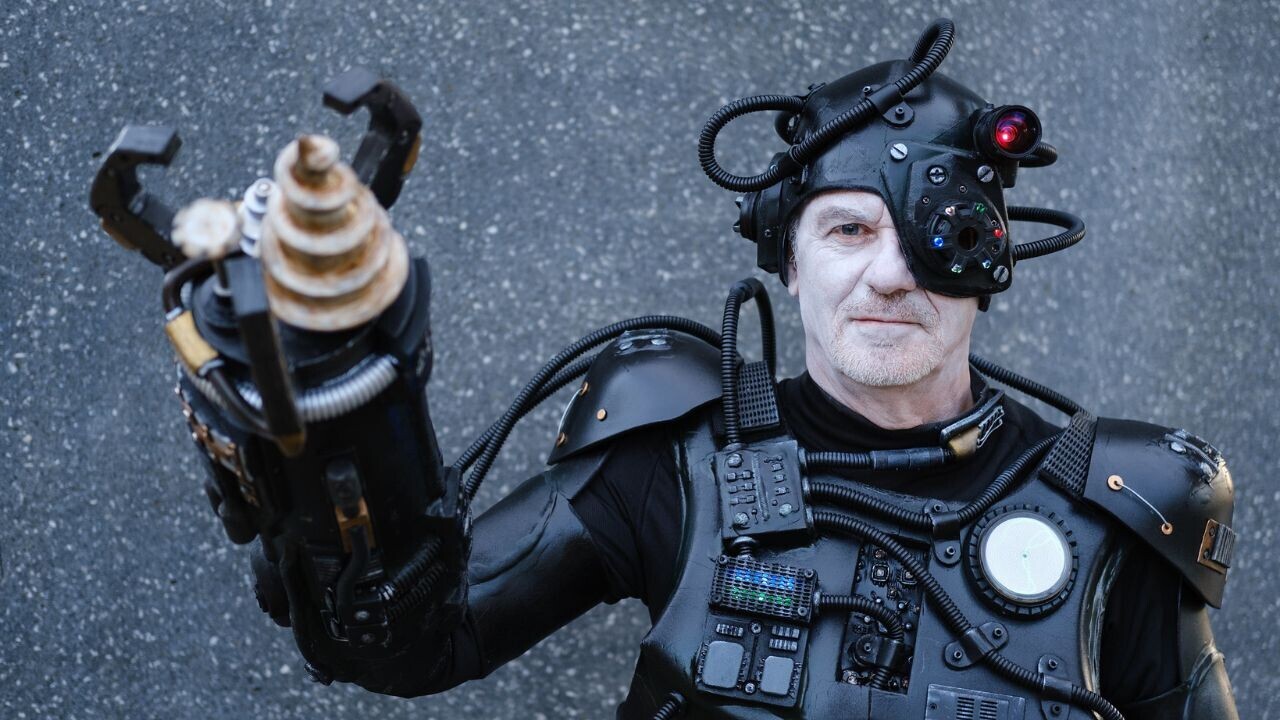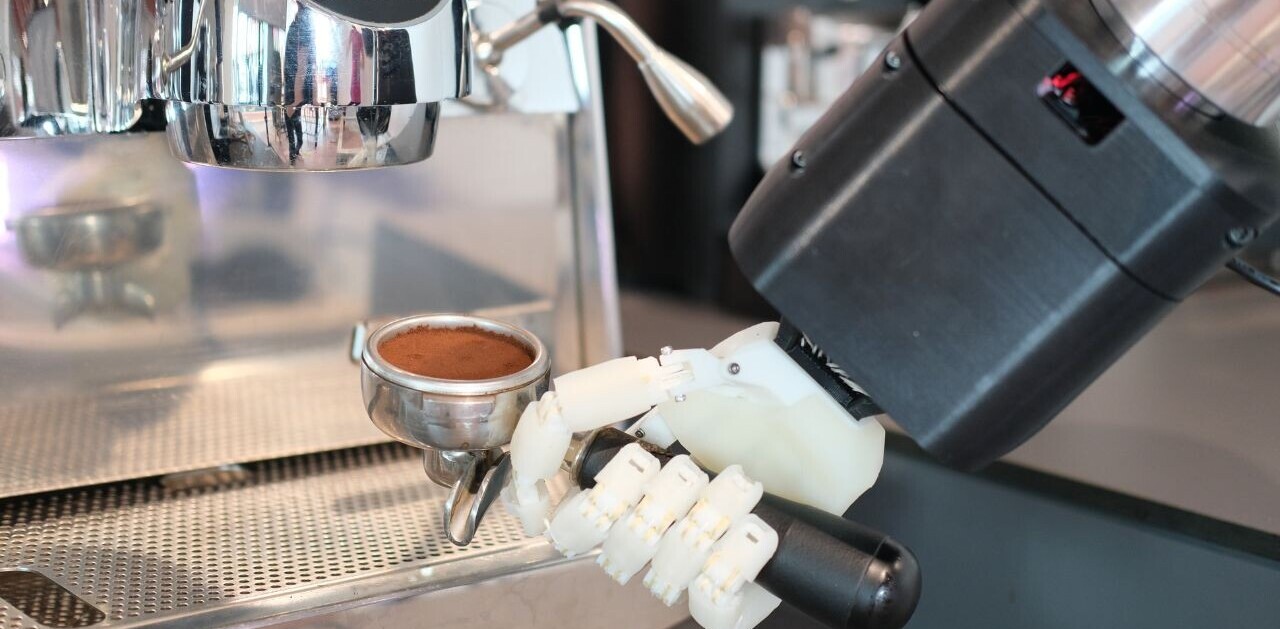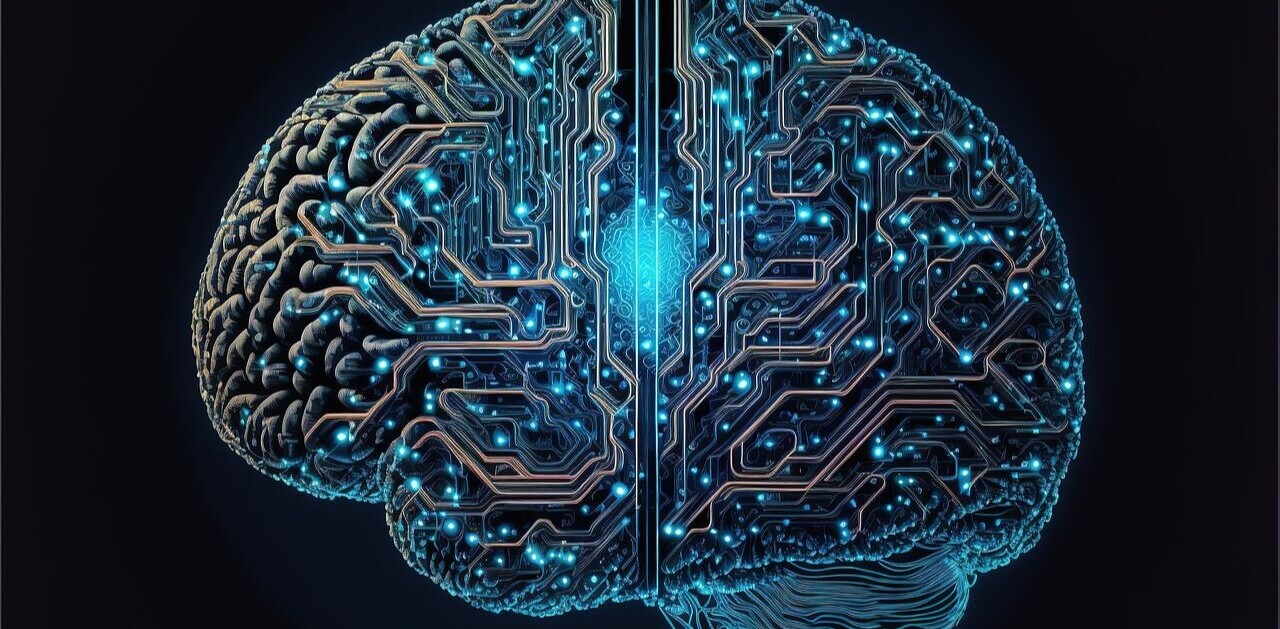Leading computer scientists have unveiled a vision of “collective AI” that resembles Star Trek species the Borg.
Researchers from MIT, Yale, and Loughborough University explained the concept in a study published this week in Nature Machine Intelligence.
The paper describes separate AI units continuously acquiring new knowledge and skills. They would then share the information across a network.
Together, the collective would turn their insights into mutual benefits. Multiple skills, ideas, and applications would then evolve incrementally.
As a result, the network would rapidly learn to complete new tasks and respond to changes. Transformative technologies would then emerge.
Cybersecurity systems, for instance, would draw on combined detection capacities to foil hackers. Disaster response androids would adapt the collective’s breadth of experience to any conditions. Healthcare robots would quickly adapt to different tasks and patient needs.
“Without lifelong learning, such robots will underperform, will not improve or adapt to individual users,” Loughborough University’s Dr Andrea Soltoggio, the research lead, told TNW. “Without knowledge sharing, learning may take too long.”
If you think that sounds like sci-fi, you’re not alone. Indeed, the researchers themselves compare the concept to the Borg, a fictional cyborg race that operates and shares data via a connected hive mind. But the team grounds their vision in tech that already exists.
Collective AI is already here
The researchers expect edge devices to host decentralised computation and data for the collective. Federated and transfer learning would share the knowledge, while a common programming language would communicate the insights.
“The first examples of such networks are collections of units that share their IP addresses with each other,” Soltoggio said.
“One unit can join the collective by connecting to one existing member who in turn shares the addresses of other members. This way we can create dynamic collectives of units that can join or leave at any time.”
Current tech strategies further validate the team’s ideas. Global efforts to enable learning through an AI agent’s lifespan are gaining momentum. Universal protocols and languages to support knowledge sharing are also attracting growing support
These approaches challenge the prevailing approach of today’s big models. The likes of ChatGPT learn primarily during initial training sessions, which restricts their capacity for continuous learning.
Big tech is also often reluctant to share ideas. This inhibits AI progress and concentrates power in the hands of a dominant few.
Soltoggio believes collective AI units will vanquish this model. He points to the collaborative dynamics of human society. Our artificial descendants could follow the same pathway.
By effectively recycling knowledge, they could also dramatically reduce energy demands.
Some tech firms will still refuse to share. Nonetheless, they could still develop internal AI collectives. Meanwhile, those who collaborate can integrate external contributions, as the open-source community has done.
A democractic Borg
Funding for the research comes from US military research agency DARPA. That may set off some alarm bells, but the study team promises to install powerful guardrails.
These safeguards will hopefully ease memories of the Borg. The species sought to transform living beings into drones, assimilate their flesh into the hive, and dismantle their individuality.
To avoid this gruesome fate, the study team wants each AI unit to maintain its own objectives and independence.
Instead of adopting the Borg’s enforced homogeneity, the collective would be “a democracy of AI agents” that resists “domination by few large systems,” Soltoggio said.
“We can design AI agents to simply follow orders and a central authority, or we can build agents that share knowledge but maintain their own goals and objectives,” he added.
“This latter way is more reminiscent of healthy democratic societies. I hope the scientific community will focus on reproducing those principles rather than creating armies of order-following AI systems.”
It’s a sentiment that Star Trek’s Spock would surely share. As the USS Enterprise science officer once said:
“Computers make excellent and efficient servants, but I have no wish to serve under them.”
One of the themes of this year’s TNW Conference is Ren-AI-ssance: The AI-Powered Rebirth. If you want to go deeper into all things artificial intelligence, or simply experience the event (and say hi to our editorial team), we’ve got something special for our loyal readers. Use the code TNWXMEDIA at checkout to get 30% off your business pass, investor pass or startup packages (Bootstrap & Scaleup).
Get the TNW newsletter
Get the most important tech news in your inbox each week.





